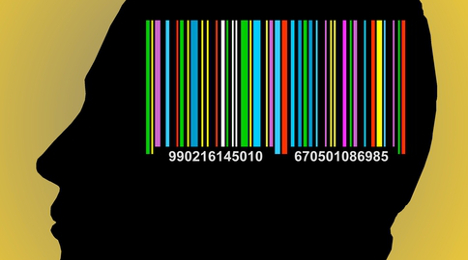How Recalls Affect Consumer Mindset

By subscribing, you agree to receive communications from Auto Remarketing and our partners in accordance with our Privacy Policy. We may share your information with select partners and sponsors who may contact you about their products and services. You may unsubscribe at any time.
KANSAS CITY, Mo. and RHINEBECK, N.Y. –
Have you ever wondered how recalls affect the opinions of visitors considering your vehicles?
As it turns out, although consumer perception can be affected based on the size or severity of a recall, how it is addressed and portrayed also plays a key role.
Market research firm Phoenix Marketing International (PMI) and Infegy, a social media intelligence technology provider, set out to study the effects of the massive number of recalls on consumer perception in their recent report, “The Impact of Automotive Recalls on Consumer Opinion.”
The findings from the report suggest that while recalls only have moderate effects on the perceptions of quality and desirability, negative feedback can continue to occur six months and longer after the recall makes the news.
The study includes PMI’s research of consumer reactions to more than 9,000 automotive ads as well as its Auto Audit, which is conducted continuously with consumers shopping for new vehicles. Infegy also collected data from social networks, blogs, news sites and community forums via its flagship product, Infegy Atlas, which analyses these areas to get an impression of consumer opinions.
One example, the 2014 recall of certain Takata airbags, affected nearly 11 million vehicles from nearly every automaker. Honda was hit the hardest in terms of sheer numbers in its public perception with this recall, with more than 5 million vehicles recalled.
Subscribe to Auto Remarketing to stay informed and stay ahead.
By subscribing, you agree to receive communications from Auto Remarketing and our partners in accordance with our Privacy Policy. We may share your information with select partners and sponsors who may contact you about their products and services. You may unsubscribe at any time.
However, the year-over-year perception of Honda vehicle quality for the vehicles that were actually a part of the recall remained flat, and the amount of negative sentiment toward Honda only increased by two points, showing just how unpredictable a recall’s impact on a brand’s reputation can be.
Mazda, which had the fewest vehicles recalled with issues related to Takata airbags, received the most attention in proportion to the number of vehicles it recalled (13 mentions for every 50 cars), simply because of how it handled the recall.
Unlike the other manufacturers involved, who recalled all potentially affected vehicles, Mazda limited its recall to the Southeast region of the U.S. due to the impact of humidity on the potential airbag failure. According to the report, this was seen as not being good enough by the general public.
“Manufacturers must go to great lengths to regain consumers’ trust when recalls occur,” said Dennis Syrkowski, the president of automotive for PMI. “Simply recalling vehicles in specific areas of the country where the defects are most likely, even if justified, can have a big negative impact on the public’s quality perception and overall opinion of a particular manufacturer.”
Other key findings, according to the report, are as follows:
- Recall impact on consumers buying a vehicle is less than on those who are not.
- Consumers shopping for luxury vehicles were more aware of brand recalls.
- Recall awareness for new-vehicle shoppers was relatively high, peaking at 50-60 percent of shoppers between April and July of 2014, when the recall announcements were at their highest.
- Consumers are becoming more aware of the role of suppliers in the design and assembly of vehicle components.
For more information, the report can be accessed and reviewed in full here.


